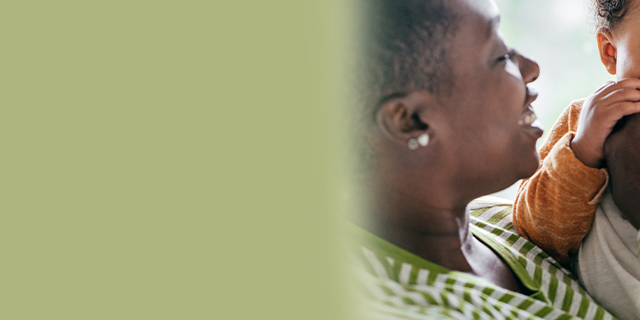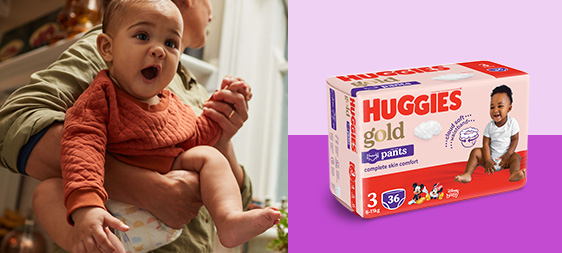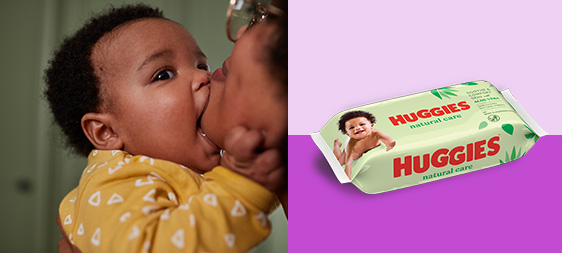Common Questions
Here are some commonly asked questions and answers regarding the best in baby teeth care.
1) When should I start cleaning my baby’s teeth?
The first sign of a tooth erupting through the gums (usually between 8-13 months of age) is your cue to start cleaning their gums and teeth.
2) How should I clean their teeth and gums?
Start with a soft moist cloth and gently rub this over the gums once a day. When the small teeth starts appearing you could switch to a soft bristled toothbrush. Toothpaste isn’t necessary – water will be enough until your baby learns to spit at about age 2. A toothbrush should be changed regularly, around every 3 months or when signs of “shagginess” start to appear.
3) Why is it important to look after their baby teeth? They fall out anyway?
There are many reasons as to why it is important to maintain healthy ‘first’ set of teeth. Without them, their speech would be affected, they would be unable to eat a healthy range of foods and they wouldn’t have that gorgeous smile.
First teeth also keep the spaces correct for when their second teeth ( or adult teeth) start to descend. Regular childhood dental care helps set the stage for a lifetime of healthy teeth and gums.
4) Is it alright to use toothpaste for my baby?
It is recommended that you wait until your child is 2 years old before you introduce toothpaste. Even then, it is recommended that you use a very small amount. Children’s toothpastes have a reduced level of fluoride and higher level of calcium, specially formulated for young teeth.
5) When should I first visit the dentist with my child?
Ideally it would be around the time of their first birthday, and definitely before they turn 3. At this visit, the dentist will assess the alignment of your child’s jaw, check any teeth that are already showing signs of decay, and offer you some guidance on how to best care for their teeth in the future.
6) Are there any hints on how to make the experience stress-free?
Prepare your child for a visit to the dentist by reading books about the dentist or role playing the “dentist game” with teddy or dolls. Explain how some dentists like to wear masks over their mouths. Make it fun and teach your child how to open their mouth wide like a frog so that the dentist can have a look inside.
Remember not to use any negative words – like “scared”, “needle”, “hurt” or “drill” – when talking about the visit. These words tend to frighten adults, so imagine how much they scare kids!
7) I’ve heard some other moms talking about “Bottle Mouth”. What is it?
“Bottle Mouth” is the term used to describe the decay caused to the front teeth by acid that attacks them. This starts after prolonged contact with any liquid other than water. As the term suggests, it usually occurs when babies and children are allowed to drink for long periods of time from a bottle.
This can happen when they are allowed to go to bed with a bottle. However, it is not limited to bottles as breastfed babies, who are allowed to suckle for extended periods of time, can also develop this decay.
To avoid this decay from developing, try following these simple guidelines:
Only allow a bottle of milk or formula to be used for meal times, and not as a comfort tool at bedtime.
Avoid giving juices, soft drinks, or other sugar-based drinks from a bottle.
Teach your child to drink from a cup or straw as soon as they are ready. This is usually by about 12 months.
Maintain good dental practices and brush their teeth regularly.
8) What foods should I avoid to keep my child’s teeth healthy?
Avoid any foods that are high in sugar, especially those that are held in the mouth for a long time (for example sweets, lollies, candy, toffees, and also soft drinks and juices from a bottle) with a teat.
Chewable Vitamin C tablets have also been identified as particularly bad for healthy teeth.
Some healthy foods, such as dried fruit, also contain high levels of sugar and children should be encouraged to rinse their mouths after eating these foods.
9) Can sucking a thumb cause dental problems later in life?
No, but if thumb sucking is prolonged beyond the baby years, there is a great possibility that it could lead to your child having an open bite and possibly also affect their speech development.
10) What are the basic principles of dental care for children?
Here are some guidelines for maintaining healthy teeth:
Enjoy a wide variety of nutritious foods, especially those rich in calcium and low in acids and sugars.
Eat healthy snacks, such as cheese and fruit.
Drink plenty of tap water, especially if it is fluoridated.
Brush gently and thoroughly with toothpaste that is low in fluoride, from age two onwards to age 7.
Use a soft bristled, compact head toothbrush.
Brush teeth at least twice a day – after breakfast and just before bedtime.
Visit your dentist regularly and don’t just wait for a problem to occur.
Visits to the dentist should start at a young age or at least by the age of 3.
11) Our water doesn’t have fluoride in it, should I be giving my child an extra dose?
Fluoride is certainly an important part of maintaining healthy teeth, but before supplementing with fluoride, you should talk to your dentist or dental hygienist.
12) How will I know when my baby is teething?
Some of the tell-tale signs that their teeth are on there way are:
Slightly inflamed, red gums that may have a lump.
You may be able to see a white tooth bud under the gum.
An increase in dribbling and biting down on fingers and other objects.
Irritability and signs of pain.
To relieve this discomfort, use paracetamol, a teething gel, or allow your baby to suck or chew on a cold teething ring.
13) Is there any truth to the stories of illness associated with teething?
Many moms will report that their baby has suffered from one or all of the following symptoms around the time of teething. These include: nappy rash, mild fever, mild diarrhoea, pain and irritability.
However, there is no conclusive evidence that these are related to “teething”. You should not assume that teething is the cause of illness. Rather seek medical advice if you are worried.
14) When will my child be able to brush their teeth on their own?
Generally by the age of 5 your child will be quite used to brushing their own teeth. However, it is recommended that you continue to assist and monitor their brushing until around 7-8 years of age.
15) What order do baby teeth come through?
Your baby’s teeth will usually appear in this order:
The lower incisors
The upper incisors
The upper side teeth
The lower side teeth
The first upper molars (back teeth)
The first lower molars
The upper canines
The lower canines
The lower second molars
The upper second molars
Your child will probably have the first set of teeth (also known as baby teeth, milk teeth, deciduous teeth, or primary teeth) around two and a half years of.




























